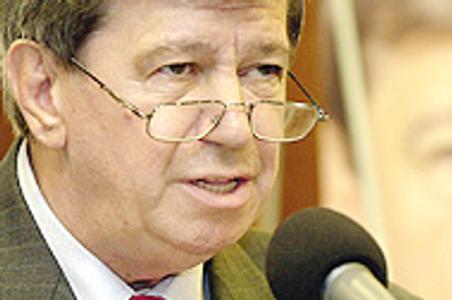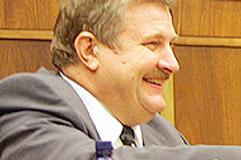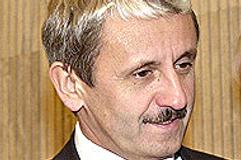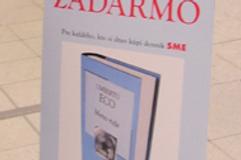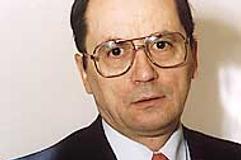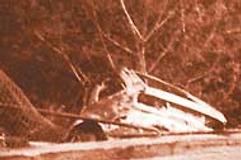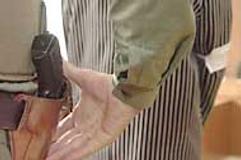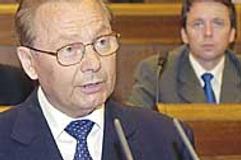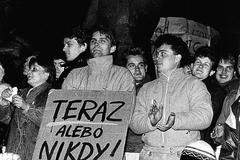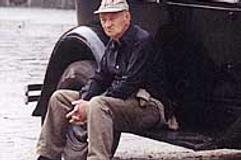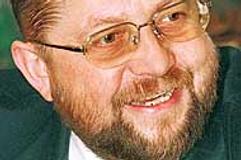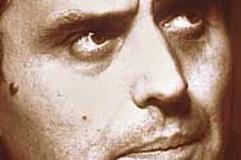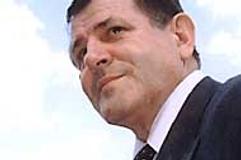- Canada’s fingerprints all over Košice’s record-breaking title win Video
- Supreme Court orders detention of far-right provocateur
- Dobro guitar inventor’s Slovak roots unknown for many decades
- Bratislava developers dominate the market? See the ranking of the biggest players
- Tesla registers in Slovakia amid rising electric vehicle sales
- Ceiling collapses at clinic as ministers unveil plans for new national hospital
- ‘Adolescence’ is not just a drama. It’s a wake-up call for every parent and school
- What do you see in a Nazi bunker? Juraj Somolányi saw possibility Photo
- Bratislava developers dominate the market? See the ranking of the biggest players
- Running around another Bratislava lake is about to get more enjoyable
- UPDATED: Premier Fico to deliver Oxford Union speech during unofficial UK visit
- News digest: Potentially another coalition broil in making Photo
- From teaching in Bratislava to filmmaking: Al Pillar’s journey to "Symphony of Strangers"
- Košice City Days are two weeks’ worth of fun and diverse events
- Supreme Court orders detention of far-right provocateur
- A cursed manor might be hiding in a forest. No one’s sure what it is Photo
- Remembering the priest-scientist and pioneer of wireless communication
- Bratislava developers dominate the market? See the ranking of the biggest players
- Slovak and Czech teen duo awarded the Global Earth Prize 2025
- Indian expat mistaken for drug dealer in Bratislava TV report Video
- Perk, Trnava: “Stylish, affordable, and seriously tasty” – restaurant review
- UPDATED: Premier Fico to deliver Oxford Union speech during unofficial UK visit
- Beaten for speaking Ukrainian: foreign students terrorised in Slovak city
- The British Film Institute shines a light on Slovak cinema’s boldest chapter Video
- Remembering the priest-scientist and pioneer of wireless communication
- They left Bratislava for a better life. What they found was loneliness and gravel roads
- Indian expat mistaken for drug dealer in Bratislava TV report Video
- Slovak scientists help tear down two objections to Jurassic Park premise
- Perk, Trnava: “Stylish, affordable, and seriously tasty” – restaurant review
- Slovakia’s labour market falters as migration policy falls behind EU neighbours
- Bratislava developers dominate the market? See the ranking of the biggest players
- Slovak and Czech teen duo awarded the Global Earth Prize 2025
- Canada’s fingerprints all over Košice’s record-breaking title win Video
- What do you see in a Nazi bunker? Juraj Somolányi saw possibility Photo
- Tesla registers in Slovakia amid rising electric vehicle sales
- Supreme Court orders detention of far-right provocateur
- Ceiling collapses at clinic as ministers unveil plans for new national hospital
- Coming home to a place you’ve never been
- ‘Adolescence’ is not just a drama. It’s a wake-up call for every parent and school
- Košice City Days are two weeks’ worth of fun and diverse events More articles ›


